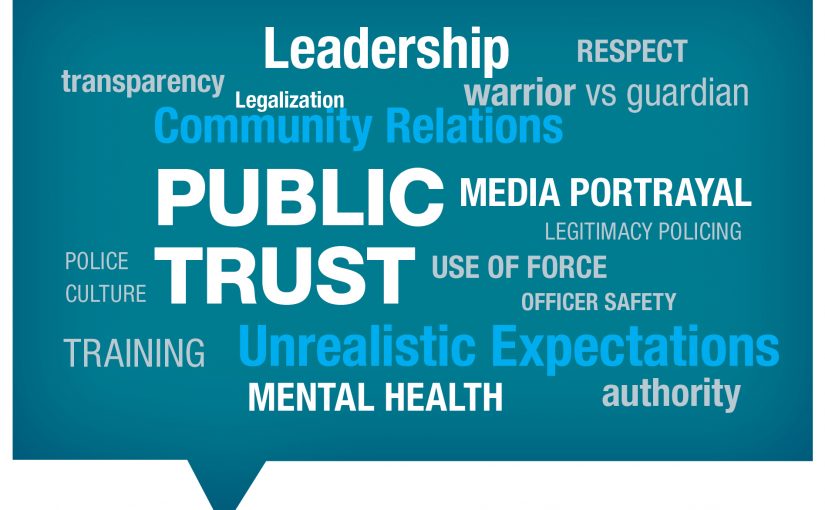
Share
The first U.S. police training academy was August Vollmer’s Berkeley Police School, which opened in 1908.1 At the time, most agencies did not provide formal training to new officers, and the idea of...

Share
The Evolution of Law Enforcement Ethics The topic of ethics has always been a central feature in police academy training. Recruits throughout the ages have been introduced to core values of the...

Share
The Diplomatic Security Service (DSS) is the law enforcement arm of the U.S. Department of State and is charged with investigating illegal passport or visa issuance or use, identity theft, or document...
Share
Training has always been a key part of the law enforcement career continuum. In order to effectively police a population, officers need to stay informed on changes in the law, in technology, in method...

Share
The United States faces an adaptive enemy, both at home and abroad, and attacks and plots over the past 15 years demonstrate that the threat to the United States is ongoing. These threats not only ema...

Share
For more than 30 years, law enforcement has relied on the Precision Immobilization Technique (PIT) to disable fleeing vehicles and to remove aggressor vehicles from motorcades or convoys. When conduct...

Share
For decades, the law enforcement profession has responded to external pressures (lawsuits, negative press, Department of Justice investigations, consent decrees, citizen review boards, public demonstr...

Share
Law enforcement agencies are faced with tough decisions every day to ensure their communities are protected. An agency’s ability to fulfill this responsibility comes down to three vital components: ...



